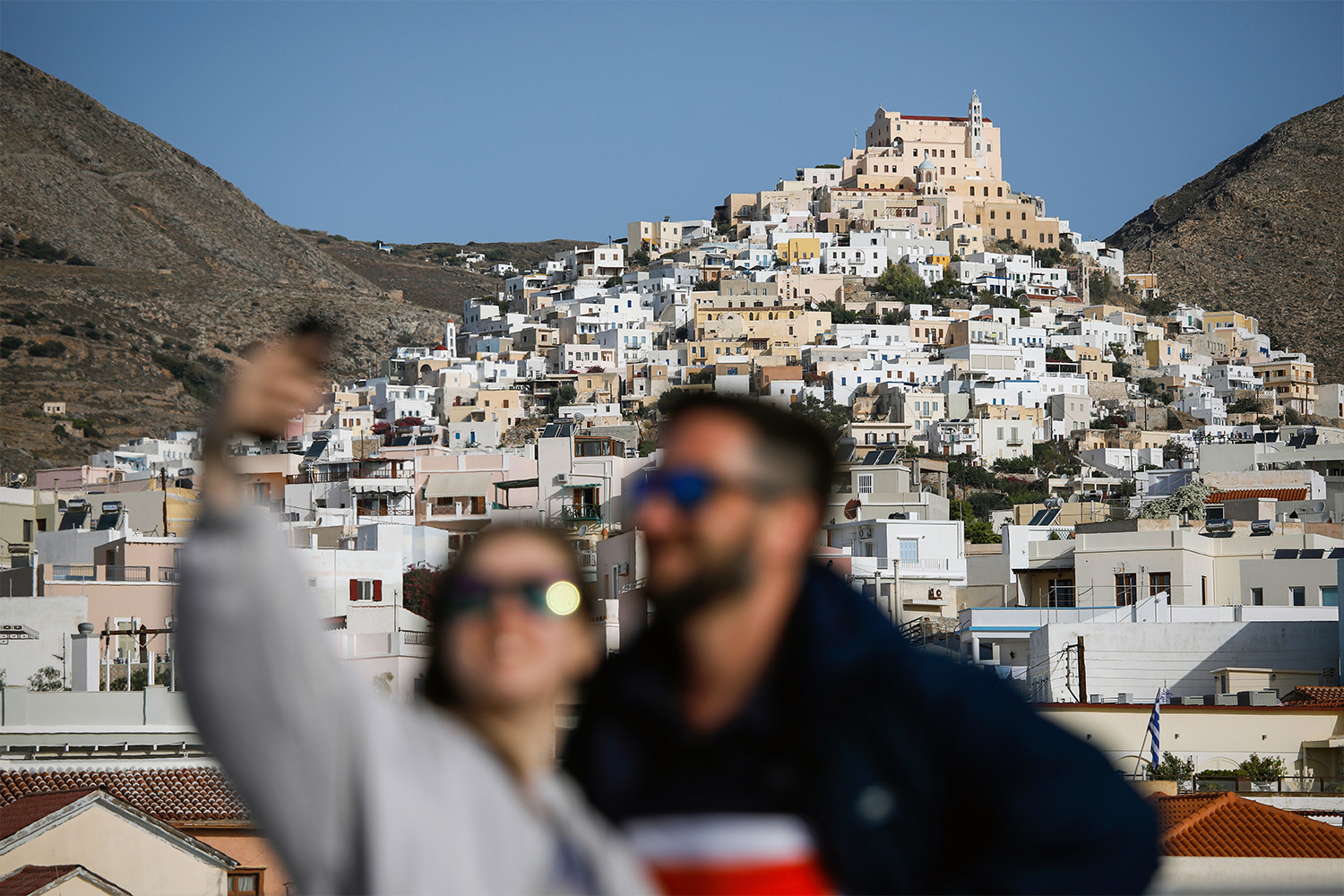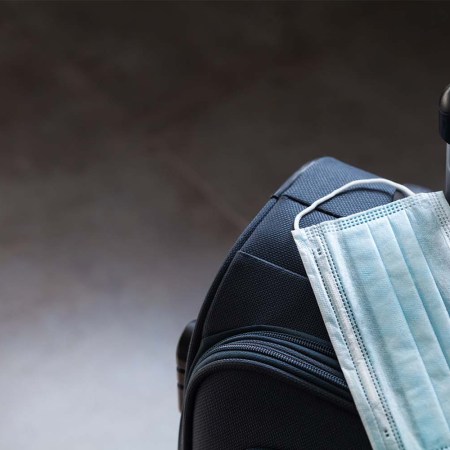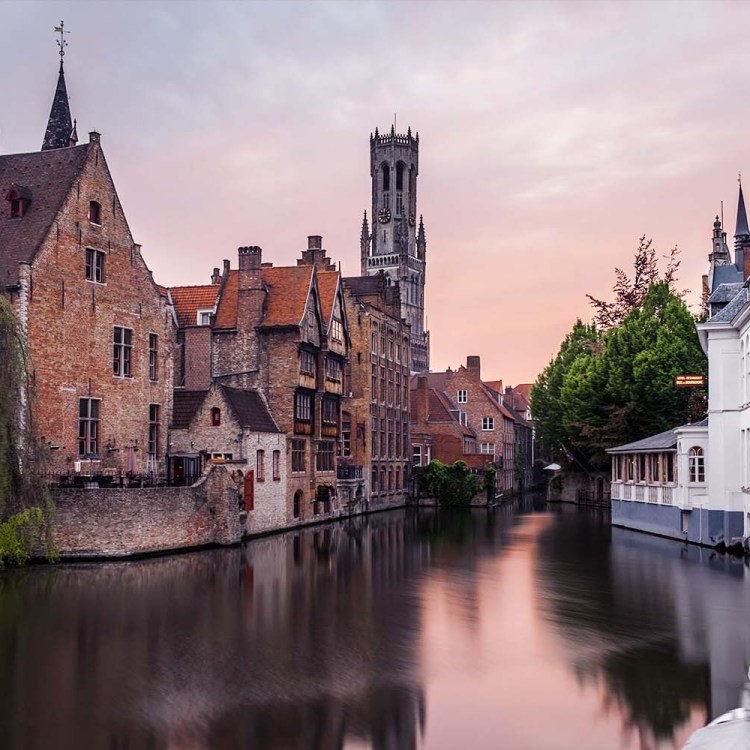Yesterday, the CDC announced a new set of travel guidelines, in which vaccinated Americans were cleared for both domestic and international travel. After a year of pandemic fatigue and virtually no leisure travel, the news came as nothing short of a revelation and grounded travelers took to the (metaphorical) streets to rejoice.
“Fully vaccinated people can travel at low risk to themselves,” Dr. Rochelle Walensky, Director of the CDC, said in a press conference — a sentiment now being echoed on the CDC’s website, where the travel guidelines are outlined.
While this is an exciting development, it’s not quite as cut and dry as some would have you believe. Being vaccinated may absolve you of needing to quarantine or test in several scenarios, but not of needing to act responsibly, nor adhere to restrictions outlined by specific states and countries. In effect, you can’t just roam about freely following the receipt of your jab with little to no regard for the rest of the world (yet, at least).
To help, we’ve outlined a few things that — regardless of your vaccination status — you should still bear in mind when booking your next trip …
1.) Many countries are still not open to American tourists
Of the world’s most popular tourist destinations, only a relative few (including Greece, Iceland and — as of today — Croatia) have opened back up for vaccinated Americans. Several have yet to open their borders to travelers regardless of vaccination status, and when they do will be entirely at the discretion of their federal government. So, no, the world is not suddenly your oyster again, unfortunately.
It’s also worth noting that — due to uneven unavailability of the vaccine — many destinations may be “open” for all intents and purposes, but that doesn’t necessarily mean they’re adequately prepared to receive tourists yet. If you’re looking to go somewhere where you’ll have access to a plethora of dining options, late-night excursions and daytime activities, make sure to do your due diligence and familiarize yourself with the current state of affairs in that particular place.
2.) Read the fine print
If and when other countries do begin to open back up for tourism, it can be assumed that there will still be a certain set of rules that even vaccinated tourists will be expected to abide by. For example, as per the U.S. embassy in Croatia, vaccinated Americans will still need to provide proof of paid accommodations prior to entry — a mere reservation will not suffice. Likewise, in places like England, there is no clear distinction between what is expected from vaccinated tourists and non-vaccinated. You are still, for now, expected to test, submit a locator form and shelter in a quarantine hotel for at least 10 days.
3.) You are still expected to socially distance and wear a mask
Even though it’s been proven that the transmission rate of COVID from vaccinated persons is demonstrably lower, the CDC is still stressing the importance of the continuation of social distancing, hand washing and mask wearing — the latter of which is still being enforced by airlines and in public settings, and probably will be for some time.
4.) Because of variants, you should still test following international travel
While it is no longer a requirement for vaccinated Americans to get tested prior to their return home or quarantine upon arrival, due to the risk of variants — many of which are still unknown — the CDC is still urging travelers to get tested three to five days after their trip.
It’s also worth noting that many countries are still requiring proof of a negative test to enter, inoculated or not, so do your research in advance of booking.
For more travel news, tips and inspo, sign up for InsideHook's weekly travel newsletter, The Journey.























